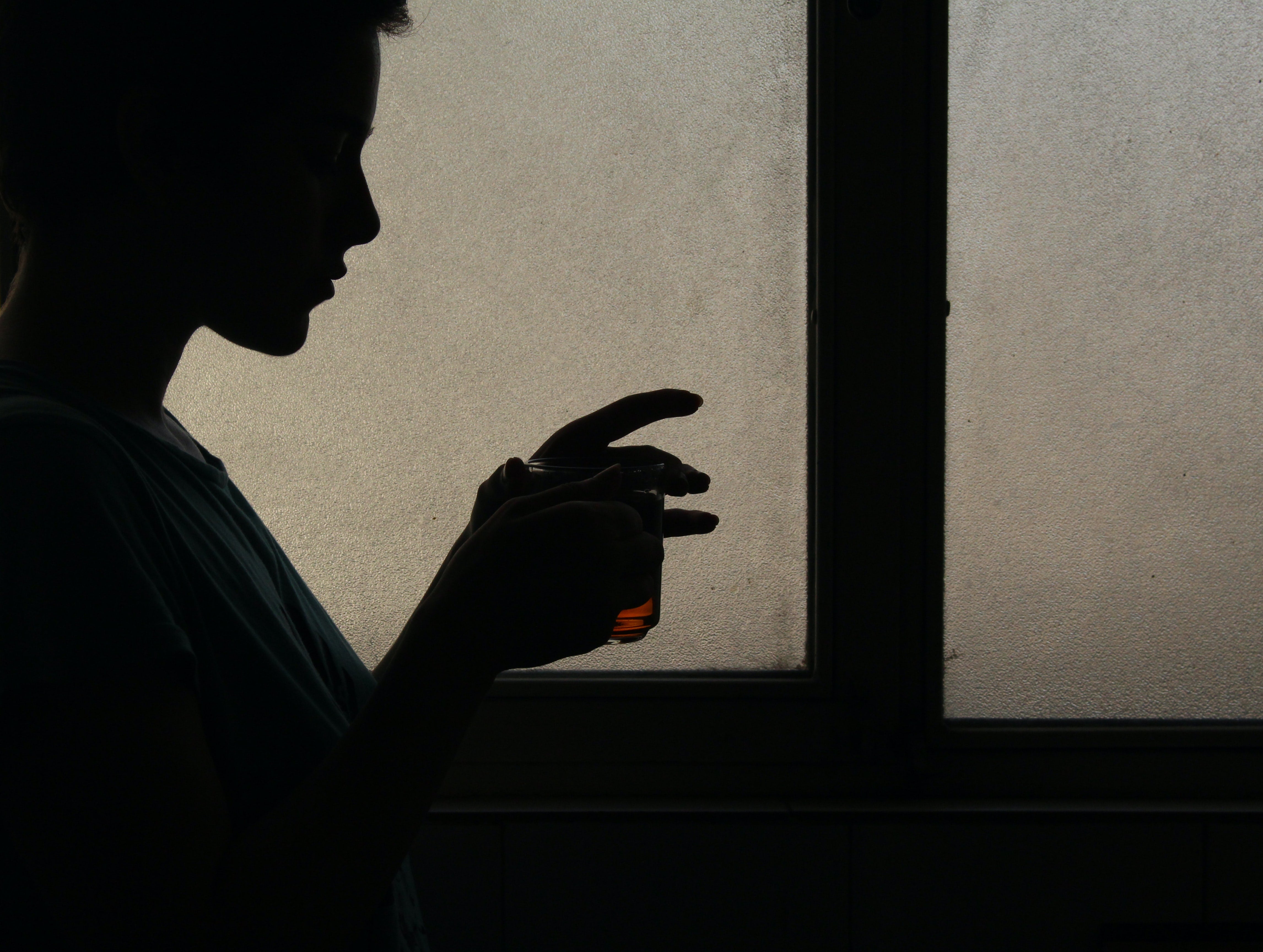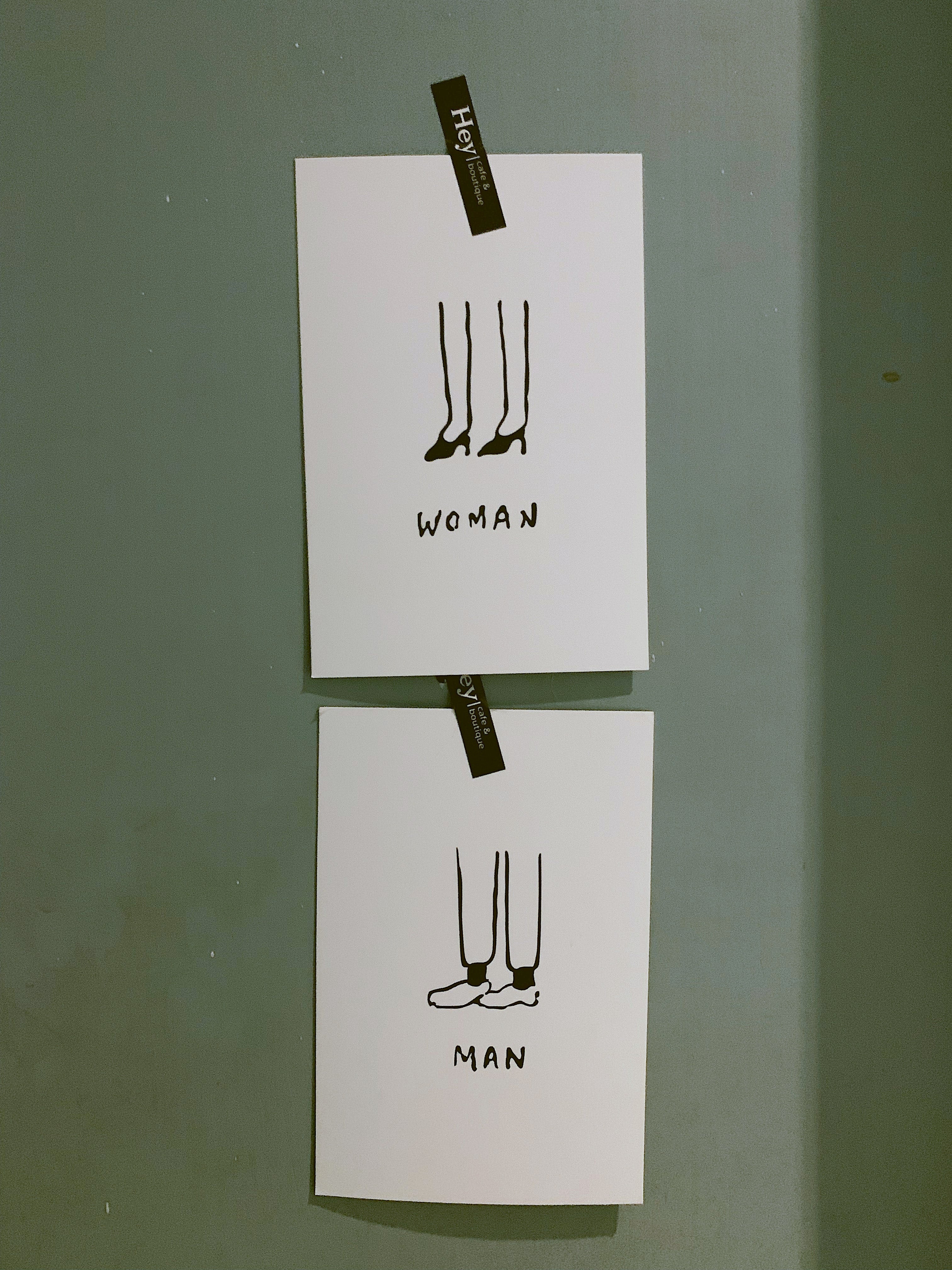on being asexual.

The sexuality spectrum is nuanced and fascinating, but being asexual isn’t as commonly recognized as other sexual orientations like gay, straight, bisexual or even pansexual.
What is asexuality? According to the Human Rights Campaign, asexuality refers to a lack of sexual attraction or interest in sex. Asexuality exists on a spectrum—so a person who identifies as asexual may experience a total, partial, or conditional lack of interest in sex.
Contrary to what many people believe, asexuality isn’t a choice or behavior (as opposed to celibacy, where people choose not to have sex for various reasons). As Julie Sondra Decker outlines in her 2015 book, The Invisible Orientation: An Introduction to Asexuality, it can be hard for an expert to diagnose you as asexual. That said, there are certain traits that can help you identify yourself as such.
Signs you might be asexual
Common signs you might be asexual—also known as “ace”—include:
- You lack any interest in sex at all.
- You don’t find yourself sexually attracted to anyone—even someone you are in love with or romantically attracted to.
- You masturbate but aren't stimulated by the idea of sex with another person.
A study published in The Journal of Sex Research found that at least 1% of the adult population is asexual, and, as with any sexual orientation, everyone’s experience of being asexual is different.
Asexuality versus demisexuality
Demisexuality and asexuality are different—though demisexuality exists on the spectrum of asexuality. Basically, people who identify as demisexual typically only feel sexual attraction to a person after they’ve already formed an emotional connection with them. To be clear, this is a need, and not just a preference. It doesn’t mean that a person wants to get to know you before they start getting physical—it means that they don’t feel sexual desire unless there’s an emotional bond established.
Asexuality vs. aromantic
People who identify as aromantic asexuals don’t experience romantic attraction or sexual attraction: not all asexual people are a romantic, and not all aromantic people are asexual. The orientation, like all others, exists on a spectrum. Just because these people don’t feel romantic attraction doesn’t mean they don’t form platonic partnerships and experience intimacy like others, too.
Asexuality and relationships
But here’s the thing—just because you’re asexual, doesn’t mean you can’t foster a loving, intimate relationship. For asexuals, intimacy is simply defined beyond the realm of sex—often through cuddling, kissing, spending quality time together, and other romantic gestures.
What’s more, if one partner identifies as asexual and the other doesn’t, it can still be possible to have a healthy long-term relationship. Of course, communication is key in that case—especially if it involves the possibility of ethical non-monogamy for the sexually active partner—but an asexual may even find satisfaction in pleasuring their partner sexually, even if they don’t experience pleasure themselves.
That’s right—just because a person identifies as asexual, that doesn’t mean that they abstain from sex or any kind of foreplay. The vast majority of asexuals have had some kind of sexual experience. Research by the Kinsey Institute published in 2020 found that, in a study of 1,093 ace-identifying adults, 98% reported that they had had sex, by their definition. Among asexuals, 33% reported having received oral sex, and 27% had penile-vaginal intercourse. Although most participants reported that they were interested in engaging in sexual activities in the future, 31% said that they would be willing to have sex if that was something their partner wanted.
Every person who identifies as asexual may respond to sex differently: Some people, lacking any feelings of sexual pleasure, are sex-neutral. Others have more adverse feelings about sex. In the Kinsey Institute study, 34% of participants said they were unlikely to engage in sexual behaviors in the future due to feelings of disinterest or disgust.
There are some sexual (or, at least, intimate) behaviors that a majority of asexual people may enjoy, though, according to the Kinsey Institute’s survey. Of participants, more than 70% said they were actively interested in cuddling in the future.
Dating while asexual
Dating while asexual may come with challenges, but couples of all sexual orientations may experience differing levels of sexual desire and different preferences about the frequency of sexual interactions. Asexuality can still be largely misunderstood by people who don’t identify with it, as a 2018 article from The Verge noted, which means some asexual people may prefer not to share the label upfront, instead of describing their more exact preferences in person or while in conversation, to stop others from jumping to conclusions that may or may not be correct. While there are some dating apps for asexual people, like Asexual Cupid, the pools on these platforms can be small—so some people may prefer apps that allow for more personality-sharing and less rapid-fire swiping, like OkCupid.
If you’re looking for a sense of community, you can find asexual groups around you through Aces and Aros, and online through the Asexual Visibility and Education Network. You can also connect with people on Discord channels, like that of the podcast Sounds Fake But Okay.
Asexuality and masturbation
A lack of sexual desire doesn’t mean a person has a lack of sexual function: Some asexual people can still experience sexual pleasure, even if it’s not stimulated by lust or sexual desire of another person, according to human sexuality researcher Anthony F. Bogaert, author of the book Understanding Asexuality: “Some asexual people still have some level of what I call ‘non-directed desire’ towards others,” he told HuffPost in 2016. “There may be a kind of lustful feeling that’s not connected directly to other people and they may feel the need to release and have some kind of non-specific or non-directed sexual desire towards others, and therefore they may still masturbate.”
Asexuality and medical concerns
Asexuality is a sexual orientation, meaning that it has no direct cause—it’s a part of someone’s identity. If a person experiences a sudden disinterest in sex, or gradually finds themself not looking forward to sexual activities, that doesn’t necessarily mean that they’re asexual, though. A lack of interest in sex can be caused by several factors, including depression, medication, trauma, and medical issues like arthritis and high blood pressure. If your interest in sex is something that has changed over time, consider talking to your doctor about any external (or internal) factors that could be affecting your feelings of desire and sexual function. Don’t be afraid to speak up: A healthy sense of intimacy—in whatever sense is most comfortable and fulfilling to you—is a part of a healthy life.




